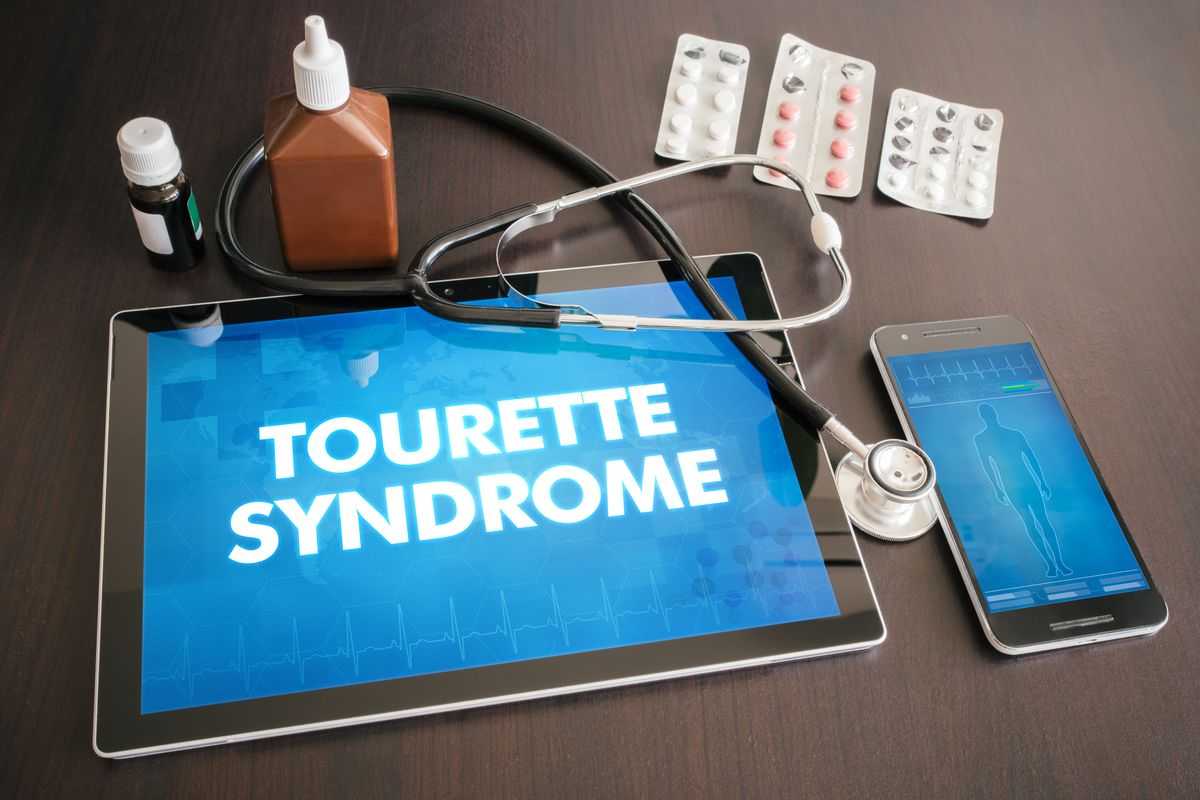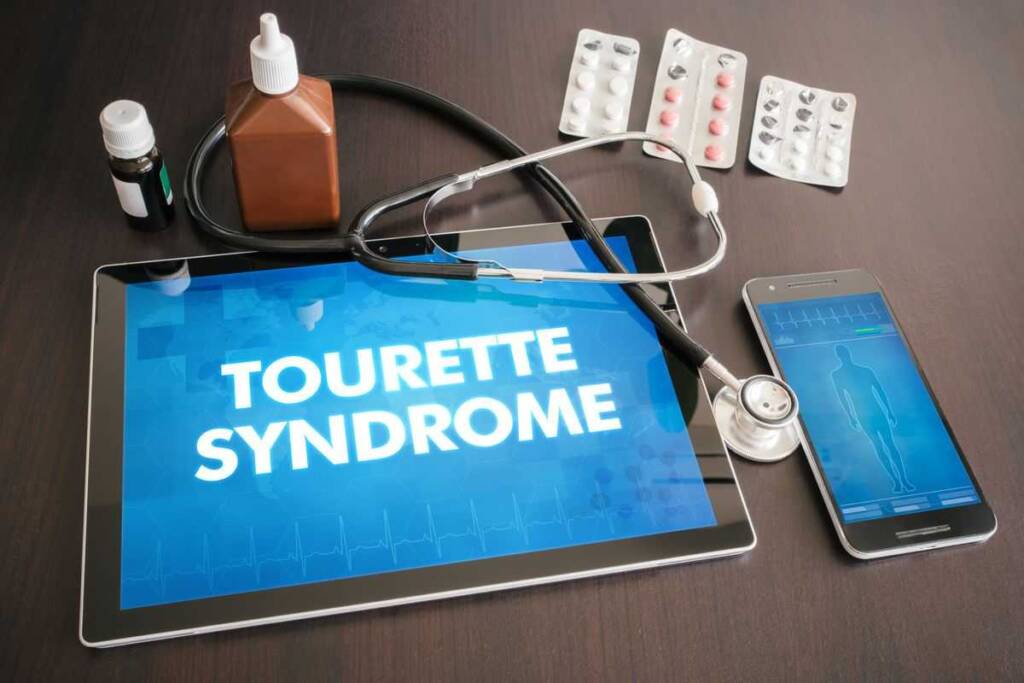Health
Tourette’s syndrome: what it is, what the symptoms are and how to treat it

Tourette’s syndrome, also known as Gilles de la Tourette’s syndrome, is a neurological disorder characterized by the presence of repeated tics. Let’s get to know it more thoroughly.
When we talk about Tourette’s disease we are always faced with a case of multiple and repeated tics. For this reason, the syndrome is also known as tic disease.
It is usually a disorder that occurs within the first ten years of age. While between 10 and 12 years it can arrive in more severe form. In any case, it is a pediatric disease as the first symptoms always arrive by the age of 18.
Tourette’s syndrome: the symptoms to recognize
Tourette’s disorder tends to occur more in men.

Unfortunately, at the moment there is no known cause and this means that the answers on the matter are very few. According to some studies, the problem could originate from genetic and environmental factors .
Going to the symptoms, among these there are both motor and verbal tics. They always present themselves without reason and in an uncontrolled way. Among the best known are shaking the head or shoulders, making faces, moving excessively and winking.
In severe cases, however, the tics can be even more complex becoming real gestures such as sending kisses, scratching or smacking the lips. To this are added those of the verbal type that are expressed through the use of swear words , spitting, whistling, repeatedly sniffing and grunting.
It seems that those suffering from this syndrome are more prone to develop behavioral or psychiatric problems.
Tourette’s syndrome: the cure
For Tourette’s syndrome, therapy is established based on the symptoms and their extent .
Generally, for mild ones, a cognitive behavioral approach is always tried, while for more severe cases it may be necessary to resort to drugs that will be chosen by the doctor based on the situation.
It is useful to know that the presence of tics does not necessarily lead to this syndrome for which a careful analysis is required by the doctor who will be able to diagnose with relative care only after certain checks.
Riproduzione riservata © - WT











